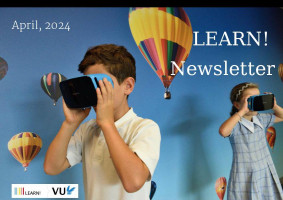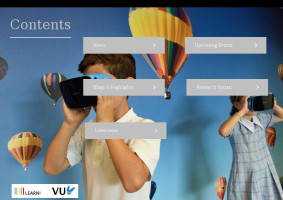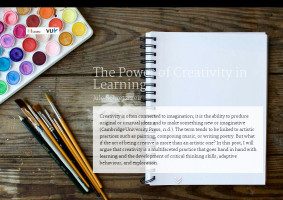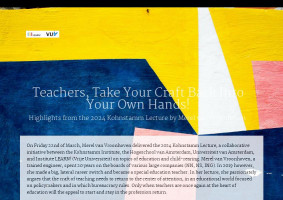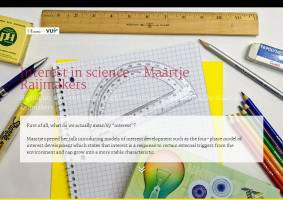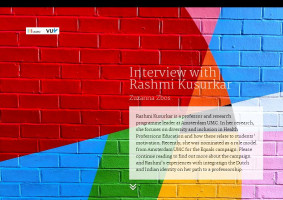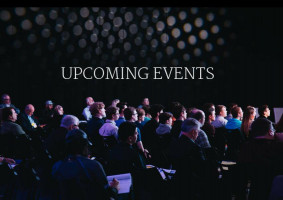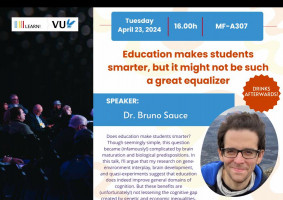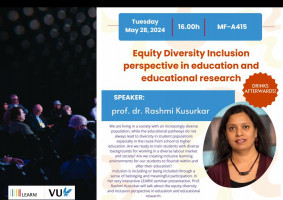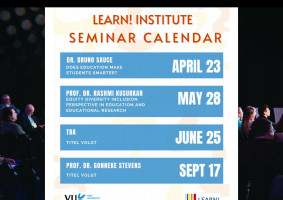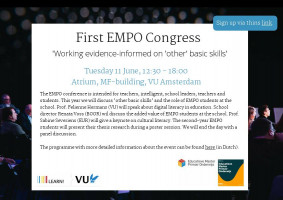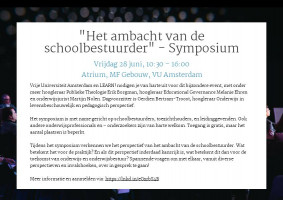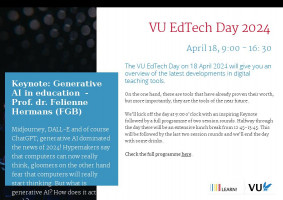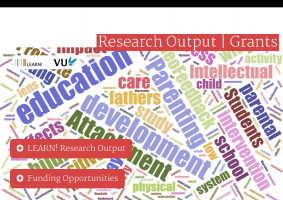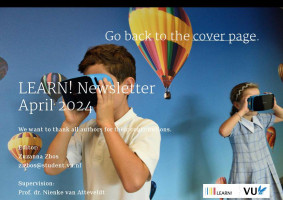First of all, what do we actually mean by “interest”?
Maartje opened her talk introducing models of interest development such as the four-phase model of interest development which states that interest is a response to certain external triggers from the environment and can grow into a more stable characteristic.
Next, Maartje introduced a more dynamic theoretical framework about interest development and network models which can help us better understand how a change might be facilitated. This more dynamic point of view suggests that if somebody is interested in something, you have some knowledge about the topic, you think it has value (could be societal value, but also personal value) and you have certain positive emotions about it. Behaviour, value, emotion and knowledge are all influencing the interest in a certain topic such as climate change, wicked problems or science.
Topic 1: Interest in climate change
In a psychometric network study, it was examined what determines whether young people engage with climate change. This study showed that the Locus of control seems to be one of the central nodes and predicts seeking information on climate change in young adults. So, people who believe to have an influence, are more likely to engage with climate change.
_w900_h514_1.jpg)
Topic 2: Wicked problems in the science museum (NEMO)
The question was: How can NEMO entice a broad and diverse audience to develop their own perspective on these complex topics? What background variables and what interest dimensions predict participants’ interest? It was found that “finding it important for society to participate in scientific research” was quite important for this. No effect was found for predictors such as socioeconomic status or educational level.
Link to the article: https://www.frontiersin.org/journals/psychology/articles/10.3389/fpsyg.2023.1113019/full
Link to the project: https://www.nemosciencemuseum.nl/nl/de-studio/
_w900_h524_1.jpg)
Topic 3: citizen science primary school
Here the project: “alle scholen verzamelen” was mentioned. How can we identify interest in doing research? It appears that there was a stronger developed interest for doing research after the intervention since there was a better connected network. Also, a positive change in the relation between school weight and interest in doing research was found!
Link to the project: https://www.wetenschapsknooppunten.nl/alle-scholen-verzamelen/#eerdere-edities
(1)_w900_h540_1.jpg)
